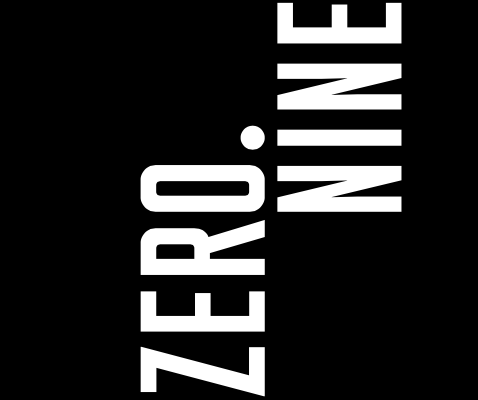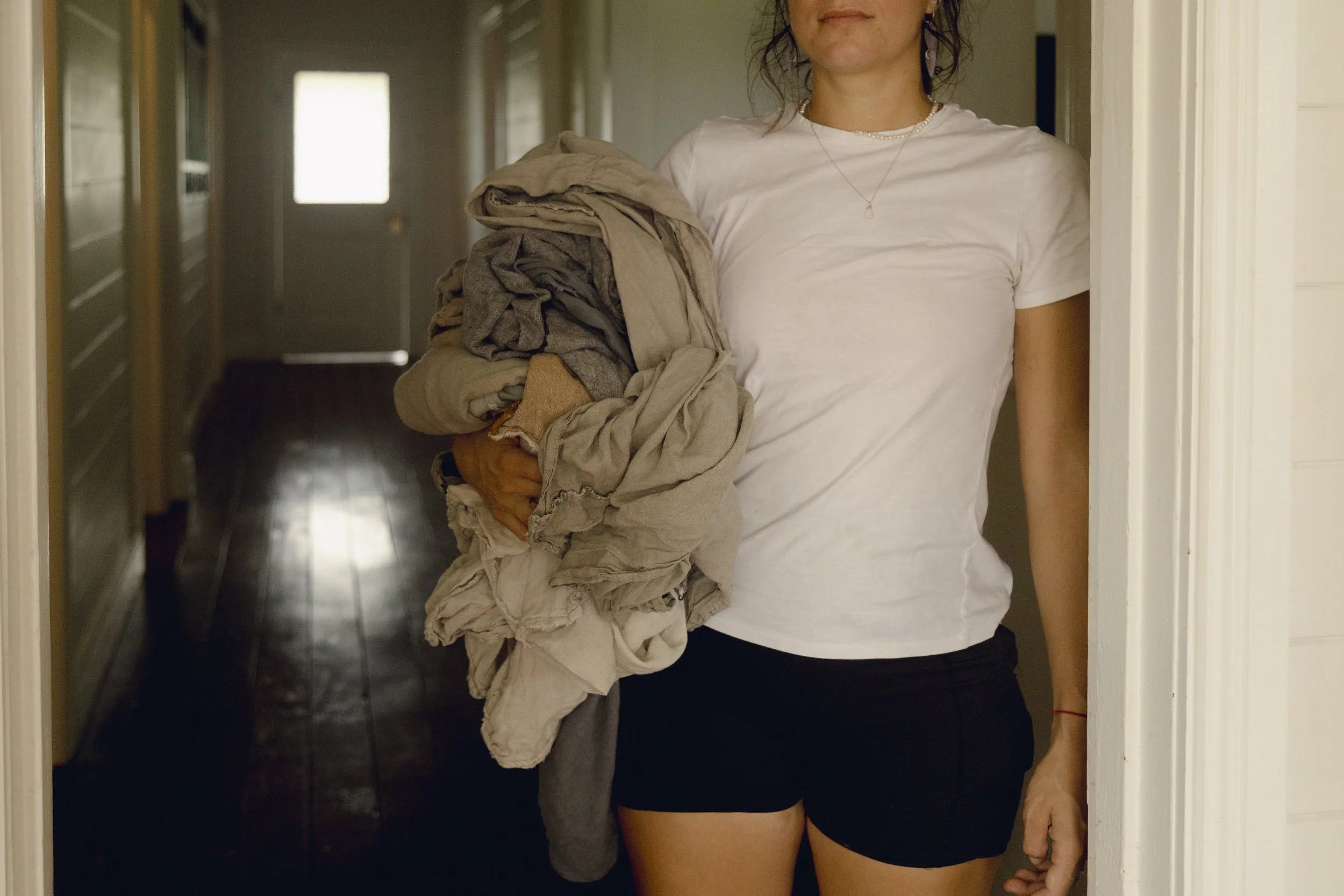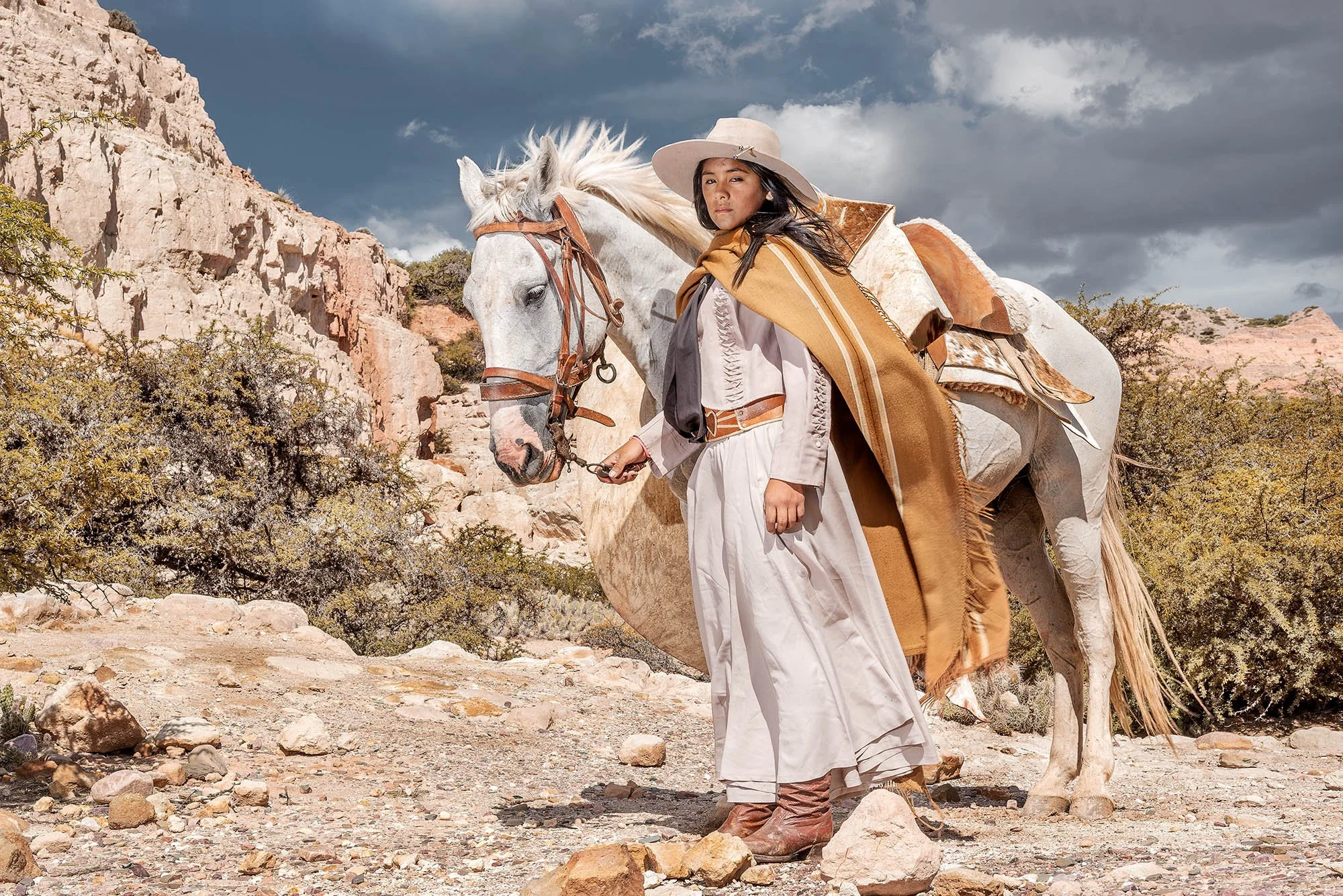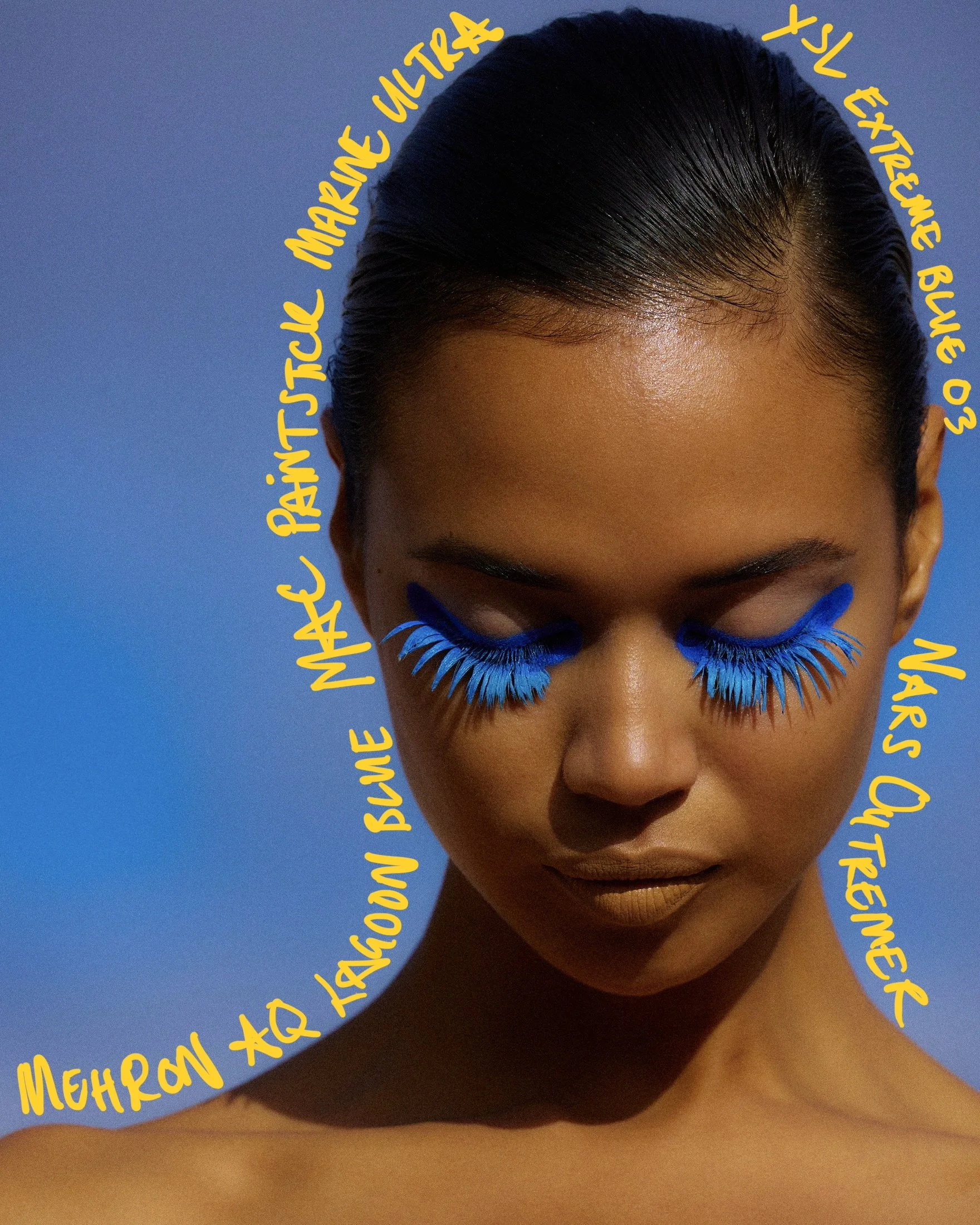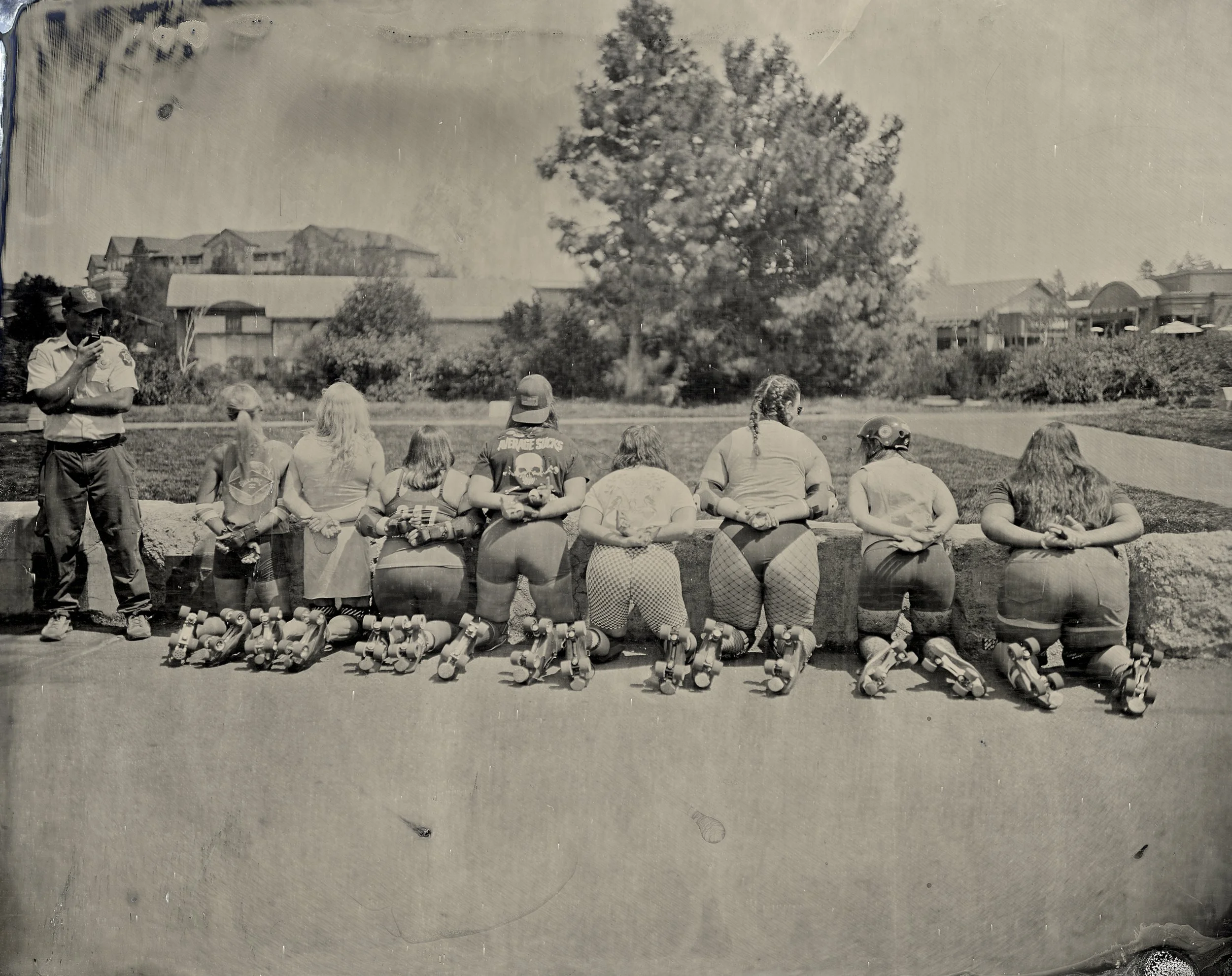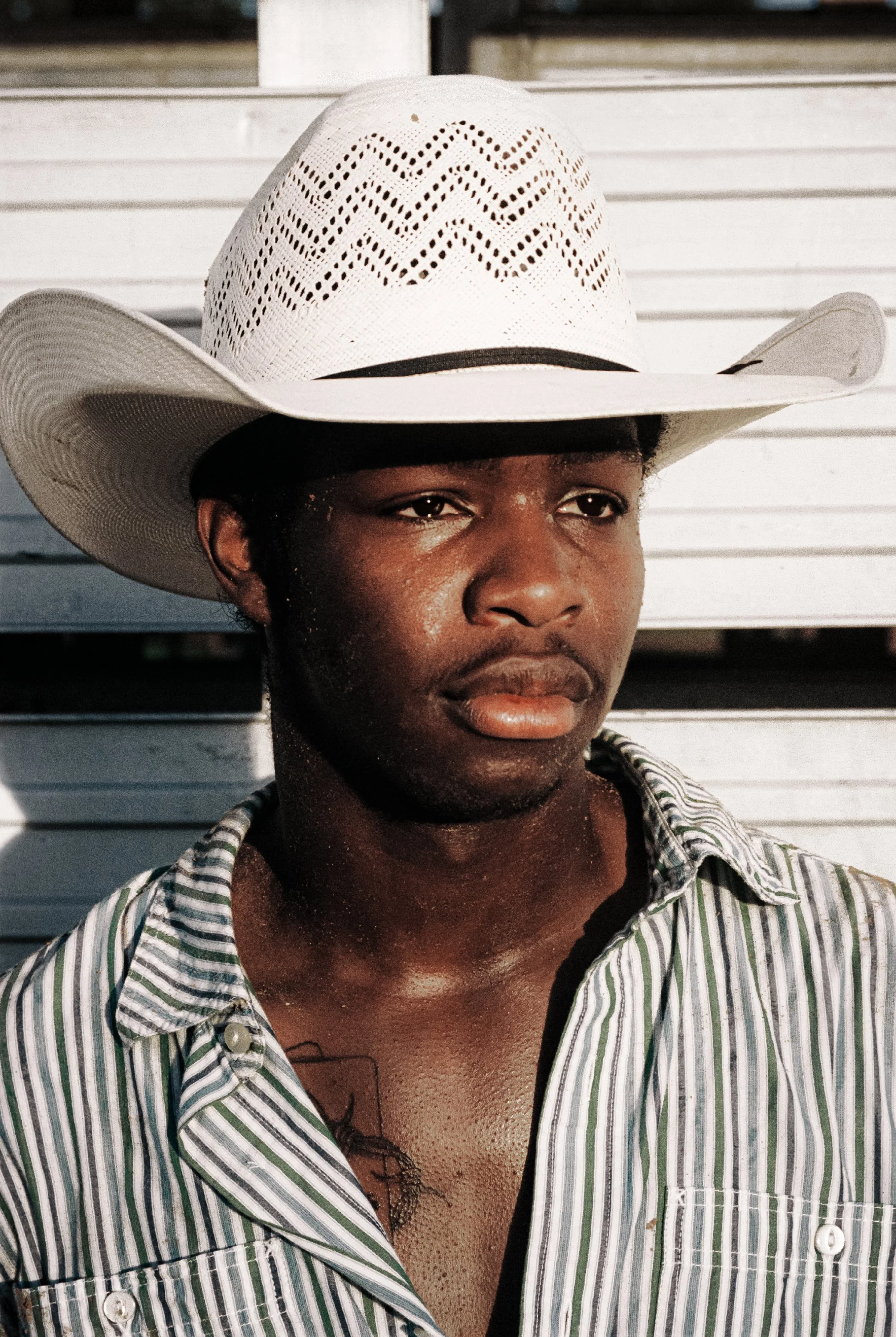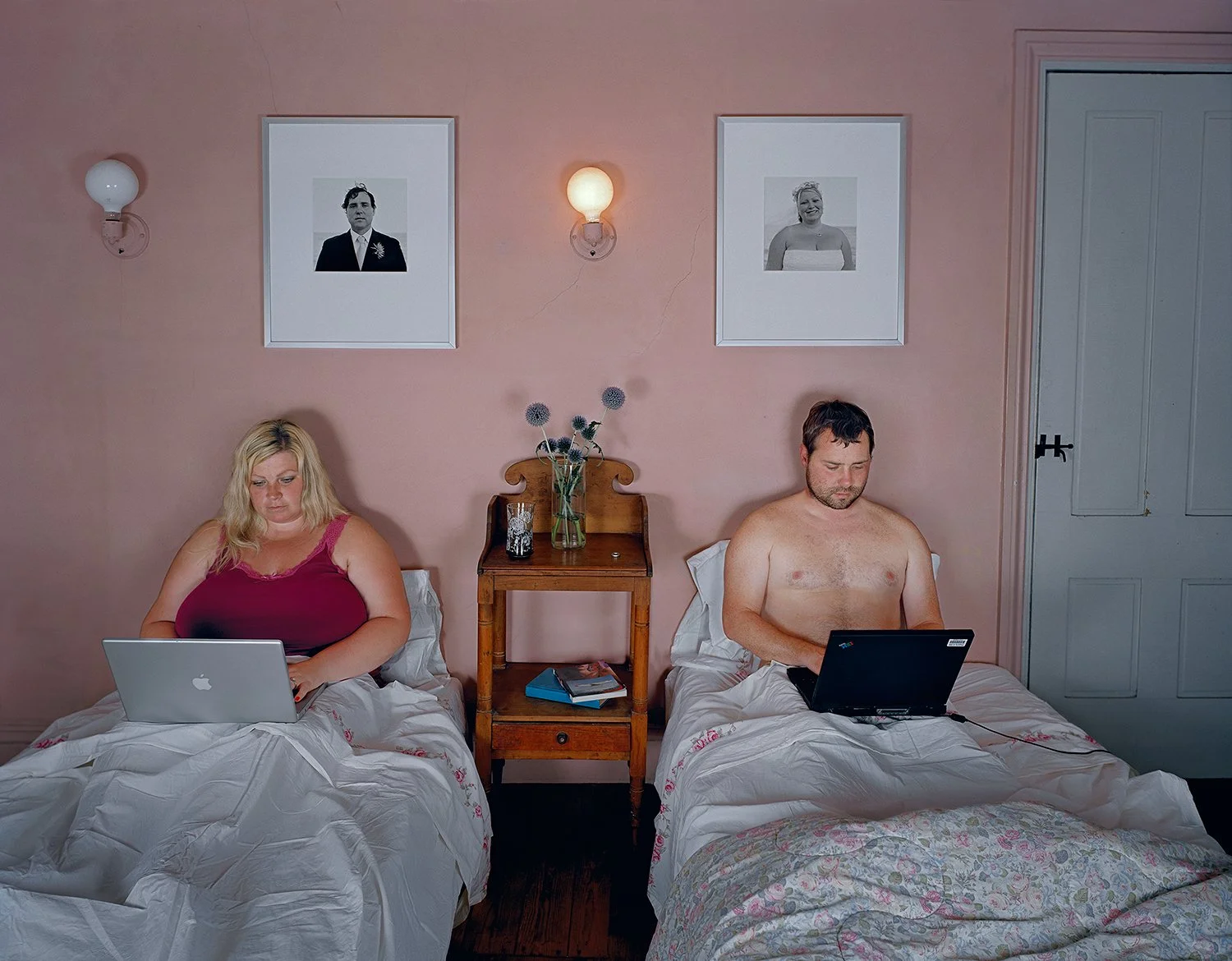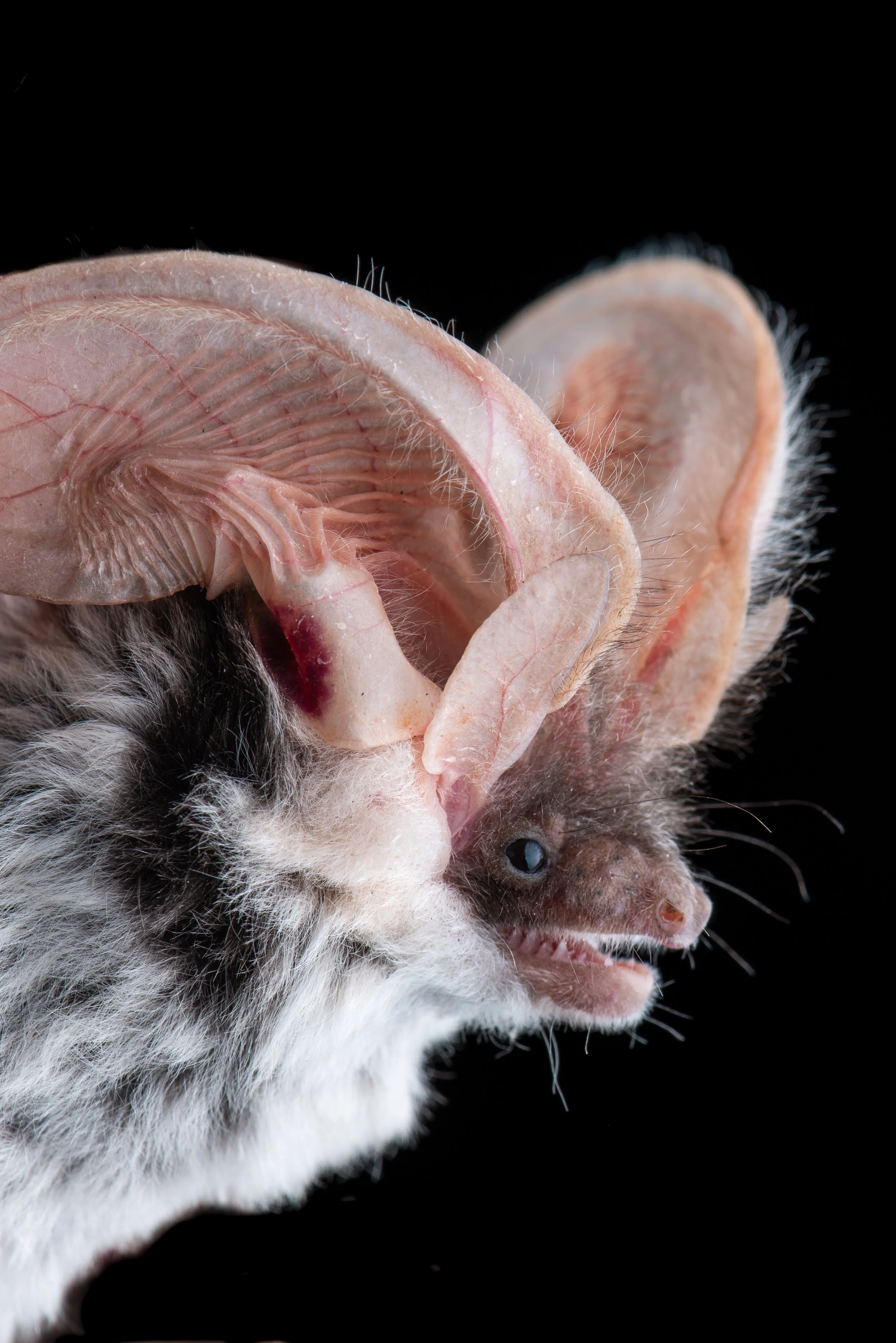Color Blocking
Photographer Adam Frint explores the use of colour through found architectural compositions and layered street art. In his series Color Blocking, found graffiti cover-ups interact playfully with forms and shapes he adds to the composition.
Photography Adam FrintLittle over a century ago, Piet Mondrian made history with his painting Composition with Color Planes, which consisted exclusively of square and rectangle blocks devoid of any perspective. This was the culmination point of a process of abstraction that went from figure painting to pure forms. When I see graffiti covered up with simple rectangles of varying sizes, colours, and orientations, I can't help but think of them as street-art reincarnations of the spirit of Mondrian. Soon after, my brain begins to make additions of its own to this game of forms that enliven the streets of Chicago. This series is the result of pursuing these impulses.
“When I see graffiti covered up with simple rectangles of varying sizes, colours, and orientations, I can't help but think of them as street-art reincarnations of the spirit of Mondrian.”
As a predominant black and white photographer for most of my life, I have been spending more and more time learning about color photography by exploring the use of color through found architectural compositions, layered street art, street photography and lately, experimenting with color to complete a composition in my ongoing series, Color Blocking. This playful interaction with found graffiti cover-up is meant to create an interplay with the perception of color, through the variables of color theory and the core principles of design.
“This playful interaction with found graffiti cover-up is meant to create an interplay with the perception of color, through the variables of color theory and the core principles of design.”
“I grew up in the rural Midwest which fascinated me visually since my childhood. For many years, a large format view camera was the only one I used to capture this universe.”
About Adam
I grew up in the rural Midwest which fascinated me visually since my childhood. For many years, a large format view camera was the only one I used to capture this universe. This meant a slow and deliberate process of image making that is closely intertwined with the intrinsic qualities of film and the aesthetics of B&W photography.
In later years, adding a DSLR to my tools opened up new possibilities in urban settings where nimbleness is essential to capturing ephemeral topics. Seeking rhythm, pace and sense in the weathered silos, barns, hay bales and snow-blanketed fields of the rural Midwest originally gave me the building blocks of my approach to photography. I tend to interact with urban environments in series that shed oblique light into everyday phenomena while allowing me to engage with the principles of design. For instance, graffiti and its coverup is a tug of war between street artists and city authorities. But what really draws me to the topic is how the spirit of early modernism appears to be manifest in the resulting patterns. I am a tracker of details that resonate with stories that are outside of the frame. Fleeting images of Chicagoans on Smoke Break, uniformity-defying M&Ms, Color Blocking and Blank Billboards attuned to a slumping economy are among these.
To see more Adam’s work, please visit his website or follow him on Instagram
